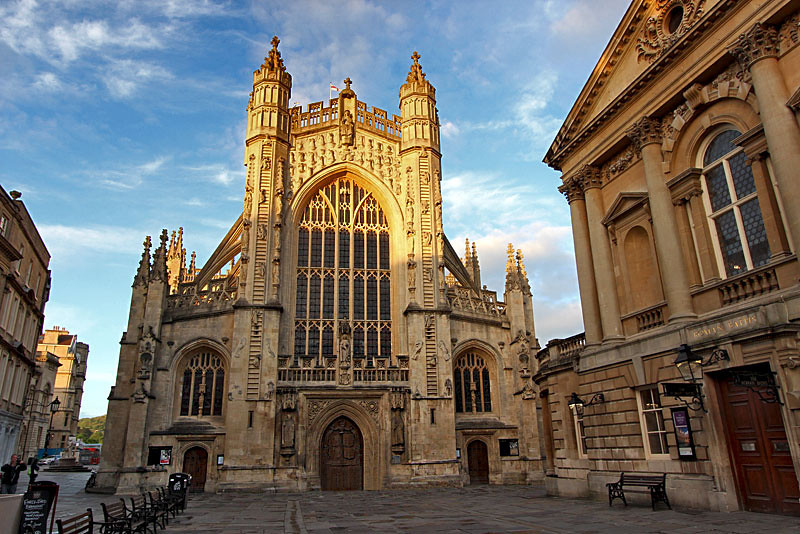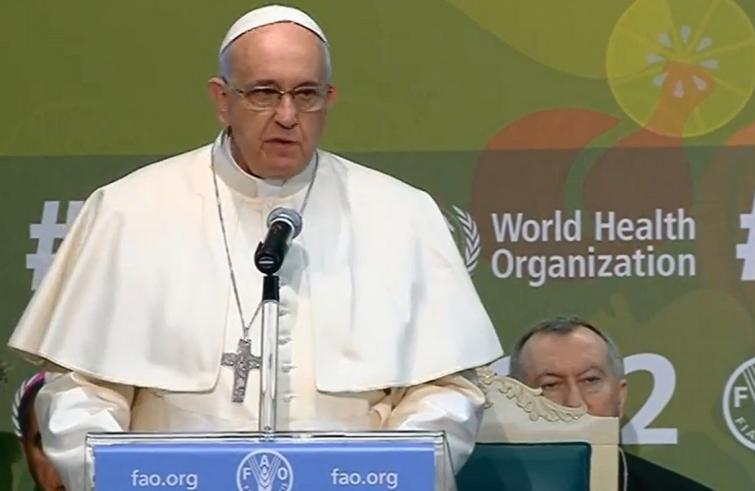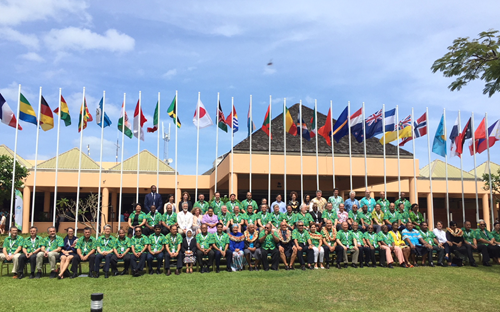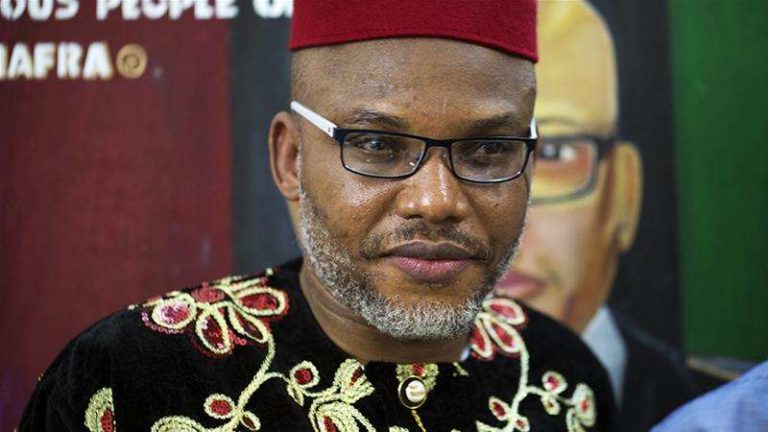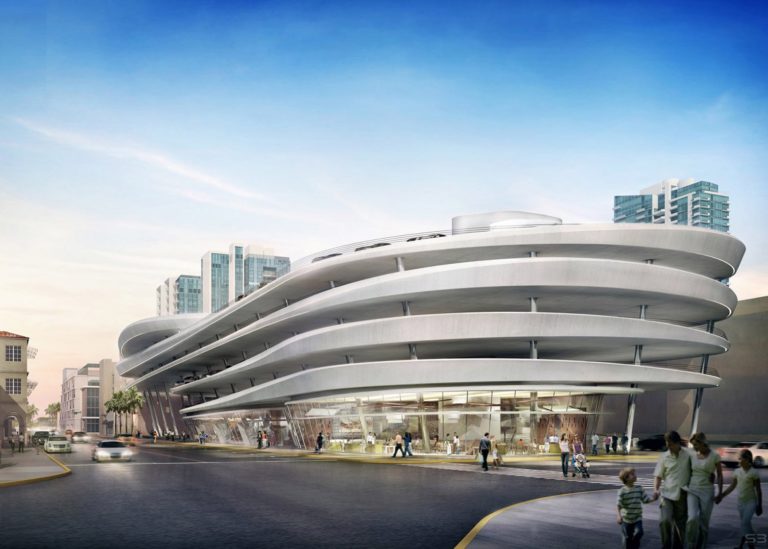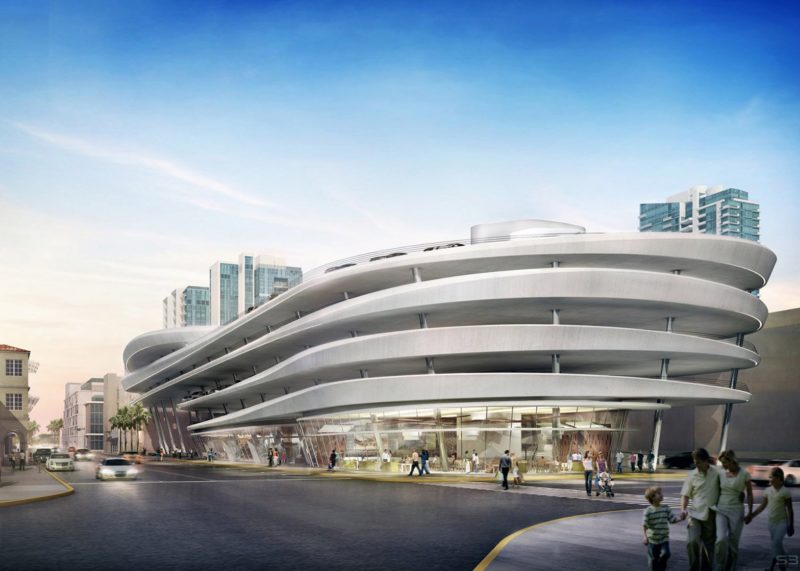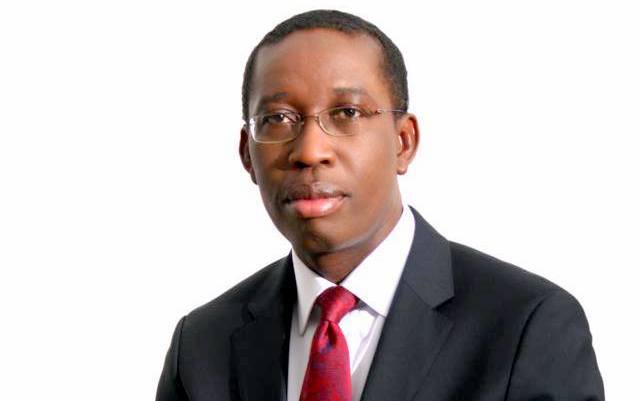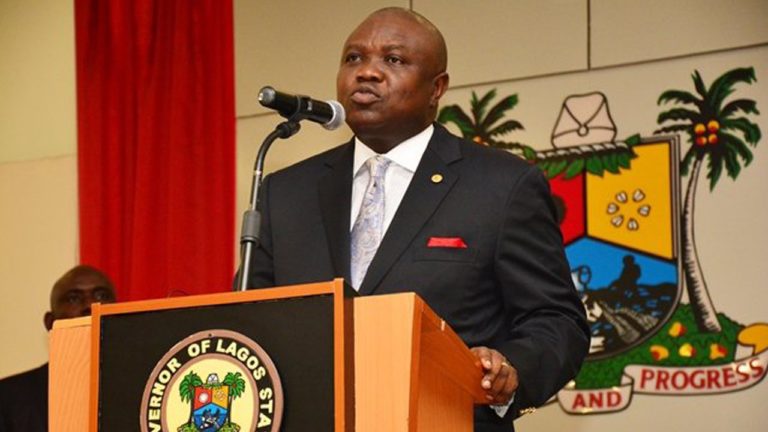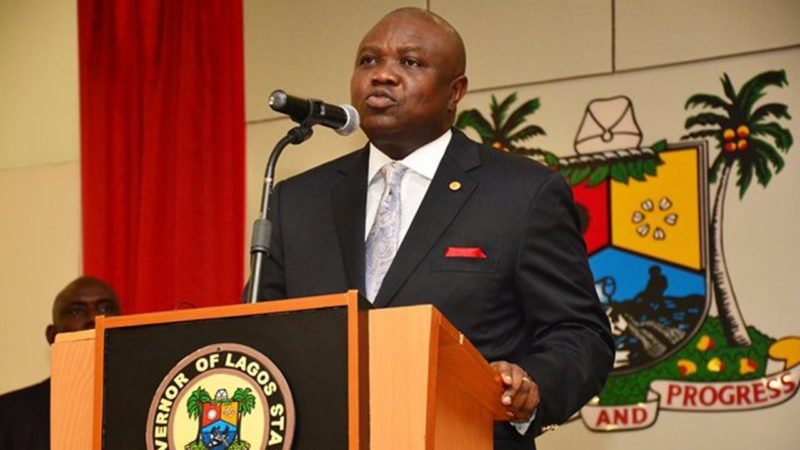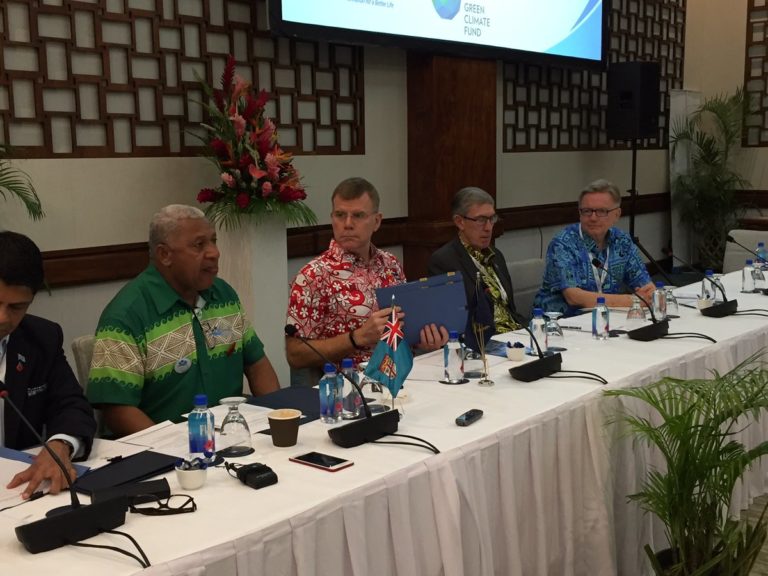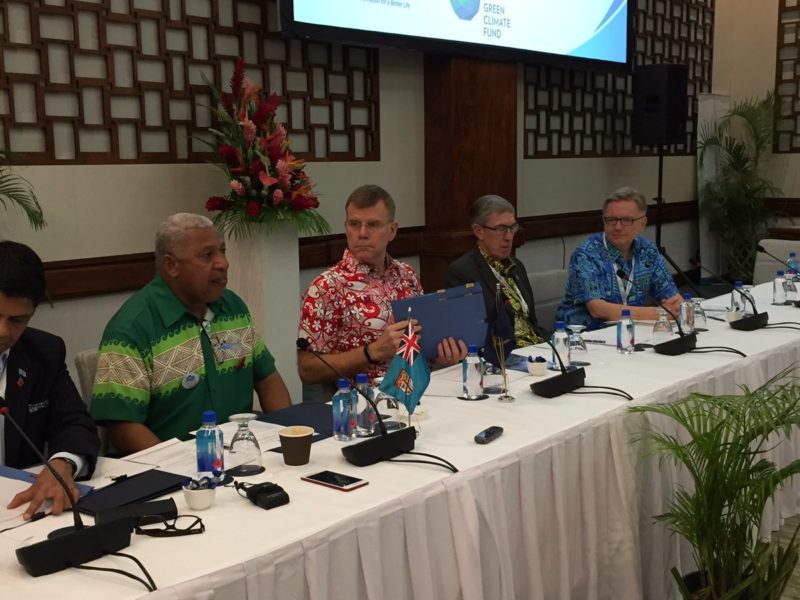With just 11 confirmed polio cases so far in 2017, the world is said to be on the brink of eradicating polio, a vaccine-preventable disease that once paralysed hundreds of thousands of children each year.

To recognise this historic progress, Rotary clubs worldwide will host events in conjunction with Rotary International’s fifth annual World Polio Day celebration on Tuesday, October 24, 2017. This year, the event will be co-hosted by Rotary and the Bill & Melinda Gates Foundation and held at the foundation’s headquarters in Seattle, Washington. The programme will feature an update on the global fight to end polio and an array of guest speakers, celebrities, and public health experts. People around the world can view the livestream of the event at this link (http://APO.af/PP9imJ) on Oct. 24 at 2:30 p.m. Pacific time.
“Rotary and its partners are closer than ever to eradicating polio,” says Michael K. McGovern, chair of Rotary’s International PolioPlus Committee, which leads the organisation’s polio eradication efforts. “World Polio Day is the ideal opportunity to celebrate our successes, raise public awareness, and talk about what is needed to end this paralysing disease for good.”
Without full funding and political commitment to eradication, the disease could return to countries that are now polio-free and put children everywhere at risk. Rotary is giving $49.5 million in grants to support immunisation and surveillance activities led by the Global Polio Eradication Initiative. Some of the funds will support efforts to end polio in the three countries where polio remains endemic: Afghanistan ($9.32 million), Pakistan ($8.94 million), and Nigeria ($7.71 million). Further funding will support efforts to keep six vulnerable countries polio-free: Chad ($2.37 million), the Democratic Republic of Congo ($4.5 million), Guinea ($961,000), Somalia ($1.62 million), South Sudan ($3.77 million), and Sudan ($2.56 million). An additional $7.74 million will go toward surveillance activities in Africa and the Eastern Mediterranean region.
In a show of solidarity and to raise awareness and funds for polio eradication, Rotary clubs around the globe will host nearly 1,900 events for World Polio Day. They include:
- A viewing party of the livestream in Fond du Lac, Wis.
- A Rock vs. Polio music event in Curitiba, Brazil
- Placing of End Polio Now piggy banks in local businesses to collect donations in Viljoenskroon, South Africa
- A soccer game in Cairo, Egypt between the street children of Hope Village Society and students from local engineering colleges
- A golf fundraiser in Yoshiwara, Japan
“To protect all children from polio, world governments and donors must see through their commitments to fund critical work and support rigorous disease surveillance in both endemic and at-risk polio-free countries,” says McGovern. Rotary has committed to raising $150 million over the next three years, which will be matched 2-to-1 by the Bill & Melinda Gates Foundation, yielding $450 million for polio eradication activities, including immunisation and surveillance.
Rotary started its polio eradication programme PolioPlus in 1985, and in 1988 became a partner in the Global Polio Eradication Initiative, along with WHO, UNICEF, and the U.S. Centres for Disease Control and Prevention. The Bill & Melinda Gates Foundation later became a partner, too. Since the initiative launched, the incidence of polio has reportedly plummeted by more than 99.9 percent, from about 350,000 cases in 1988 to just 37 cases in 2016. Rotary has contributed a total of more than $1.7 billion — including matching funds from the Gates Foundation — and countless volunteer hours to protect more than 2.5 billion children in 122 countries from polio.


